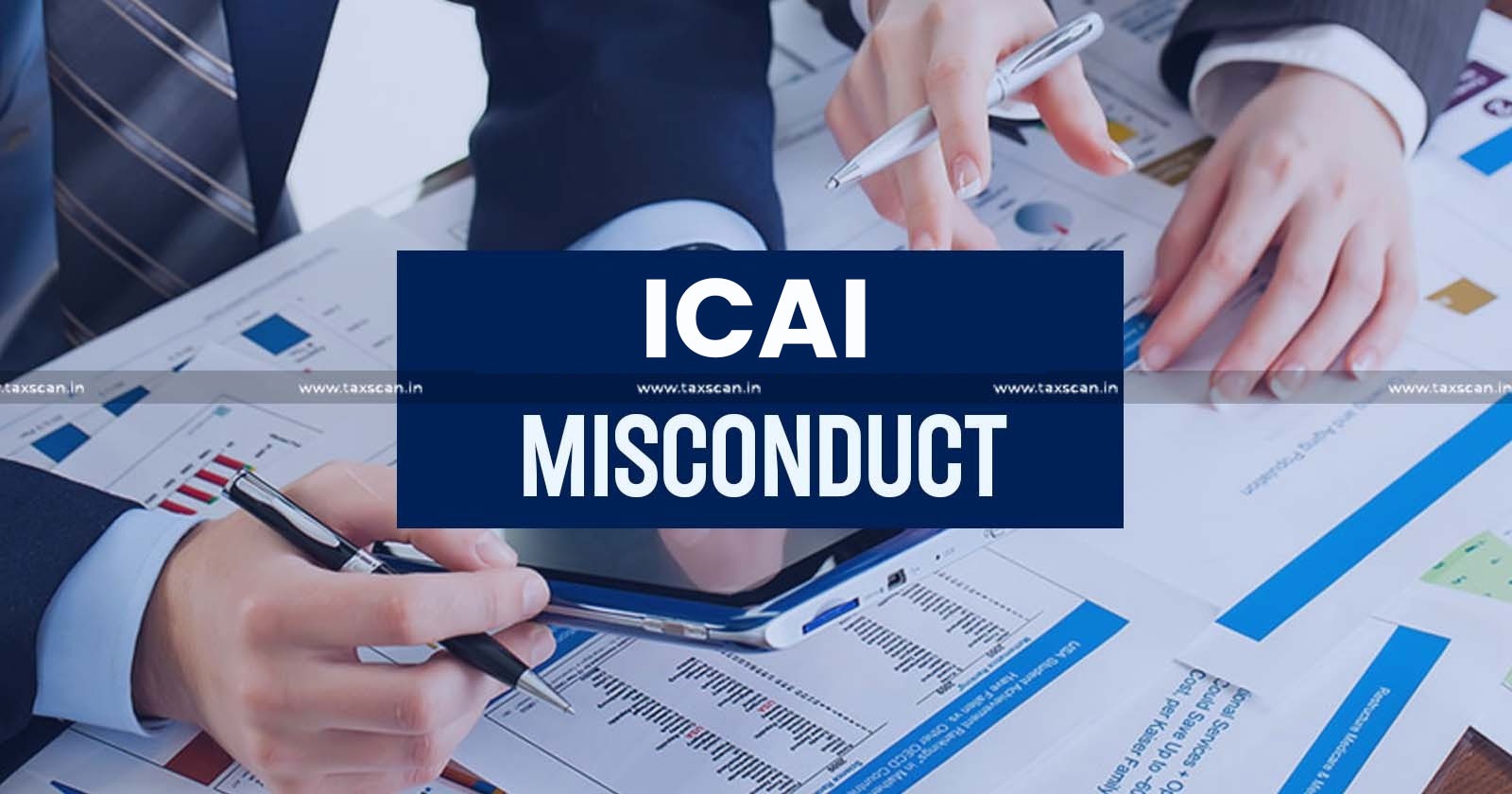S. Ravindra Bhat, J. (Oral)—The question of law involved in this case is whether the Sales Tax Tribunal fell into error in upholding the re-assessment under Section 24 of the DVAT Act, 2004 given the nature of previous order in relation to proceedings initiated under Section 49 of the Delhi Sales Tax Act, 1975 by the Assessee.
2. The assessee/appellant had referred a question for determination by the Commissioner under Section 49. The question was whether the goods and articles sold by it, i.e., Cooker Hoods/Kitchen Chimneys were classifiable as electrical or electronic air purifiers under Entry 2(d) of the First Schedule to the Delhi Sales Tax Act, 1975. The assessee/appellant had contended that it sold two types of appliances; one used a ducting mode whereby air passed through without removing the impurity from the air sucked; the second variety of goods sold by it interalia sucked out air and passed it through a process to recirculate it back into the kitchen. On overall appreciation of the circumstances, the Commissioner determined that the first variety of Cooker Hood, i.e., ducting mode variety that did not entail use of recycled air, attracted a lower rate of tax at 8% and that since the second variety recycled air, it was properly classified as air purifier attracting 12% local sales tax duty. The Assessee/appellant was aggrieved by the order and contended that classification of the second article as an air purifier was incorrect and approached the Sales Tax Appellate Tribunal which rejected its appeal. Consequent upon the determination, the assessment was completed.
3. The appellant approached the first Appellate Authority which by an order remitted the matter to the Assessing Officer to verify and consider the eligibility of the appellant for grant of benefit based upon the statutory forms and declarations. In the course of the remanded proceedings, the Assessing Officer issued notice of re-assessment under Section 24 and reversed the final view with virtually an independent and contrary view stating that both classes of Cooking Hoods were in fact air purifiers classifiable under Entry 2(d) attracting the higher rate of duty of 12%.
4. The assessee challenged the re-assessment in the course of remand, but, unsuccessfully. The ITAT upheld the position this time around. The appellant/ assessee contends that having suffered a decision which attained finality vis-a-vis the Cooking Hoods that entailed circulation of purified air, as well as the decision on the Hoods that used the ducting mode, the STO could not have virtually taken a fresh opinion.
5. The learned counsel relied upon the text of Section 24 in the decision of this Court in Shruti Fasteners v. Commissioner of Value Added Tax (CVAT) 2015 SCC Online Del 12952 and Hoshyar Singh Suresh Chandra Sarees Pvt. Ltd. v. Commissioner, Sales Tax, New Delhi and Another (2004) 136 S.T.C 173 (Delhi).
6. Counsel for the respondent/revenue urges that the assessee cannot complain or say that the STO lacked jurisdiction to issue reassessment notice highlighting that the present writ petition was filed more than a year after the Tribunal''s decision. Learned counsel submits that when notice was issued under Section 24 during the remand proceedings, the assessee did not complain therefore it was precluded from doing so. The counsel justified the fresh classification as it were which was a deviation from the determination under Section 49 by the Commissioner to submit that to say that unlike Section 147/148 of the Income Tax Act which are premised upon the existence of independent material of facts pointing to non declaration or misrepresentation by an assessee, Section 24 of the Act, in this case, permits revisiting of the questions provided there is some factual foundation. It was urged that even though the matter was remitted on the limited ground, there is nothing in law which prohibited the STO from exercising his statutory powers under Section 24 and enlarging the scope of the remand as it were, instead of independently proceeding to re-assess the dealer.
7. It is quite evident that in the concerned year in question, after taking note of the materials the Commissioner concluded that the ducting mode of Cooking Hoods attracted duty of 8 per cent whereas the Cooking Hoods which recycled air were classifiable as air purifier attracting 12% duty. The order of the AO nowhere discusses any fresh material justifying re-assessment under Section 24. In Hoshyar Singh Suresh Chandra Sarees Pvt. Ltd. (supra) this Court had stated as follows:
"44. We are also of the opinion that in the instant (sic) case there was no fresh material with the assessing officer that there was no information with the assessing officer nor is there anything to show that the assessee concealed some material from the assessing officer so as to enable him to reopen the case. In view of the law which we have discussed above and other decisions it is clear that, merely because the assessing officer has changed his opinion, the assessing officer cannot call upon the assessee for reassessment and cannot issue coercive notice."
8. This Court approved the decision in Jagdish Cold Storage Ice Factory v. The Commissioner of Sales Tax & Ors. ILR (2007) Supp.(4) Delhi 139 wherein it was held that recording of reasons is essential before reopening of an assessment under Section 24. It was further held that the AO cannot review a completed assessment mechanically as it would have a serious consequence on the assessee. The Court approved that like in the case of Section 147-148 of the Income Tax Act, the interpretation of Section 24 which confers the right to reopen an assessment is not a plenary power but is dependent upon some objective material which persuades the AO to reopen the assessment.
9. In the present case, it is quite evident that Tribunal''s earlier observation with regard to classification based on the material before it was conclusive. Apparently, the revenue accepted it. What was remitted after the decision of the Tribunal which emanated from the determination under Section 49, was the tax on verifying statutory forms given and that too in the form of a remand by the First Appellate Authority. The materials available with this Court on the record point to the fact that the Sales Tax Officer took this opportunity of a limited remand to issue a notice under Section 24. Neither the order of the AO nor of the STO nor indeed that of the Tribunal throw any light as to on what material persuaded the STO to revisit the entire issue. Thus, it is evident that the STO virtually reviewed the decision of the Commissioner under Section 49 which, merged with the order of the Tribunal, as it were, based on no new material much less any significant material which could have permitted an authority to validly reopen assessment under Section 24.
10. For the above reasons, we are of the opinion that the impugned order cannot be sustained. It is accordingly set aside. The appeal is therefore allowed.

